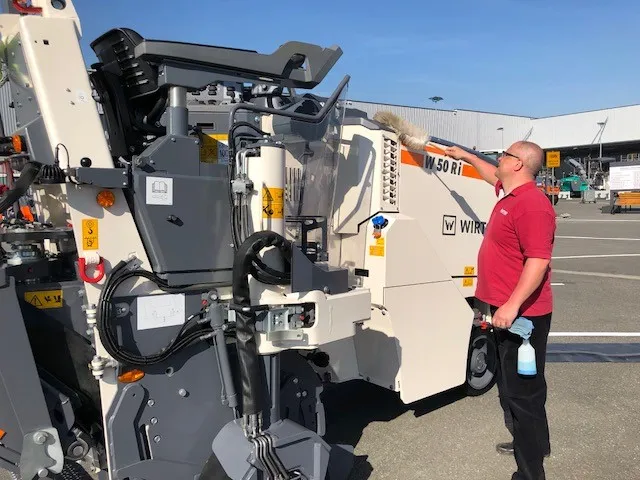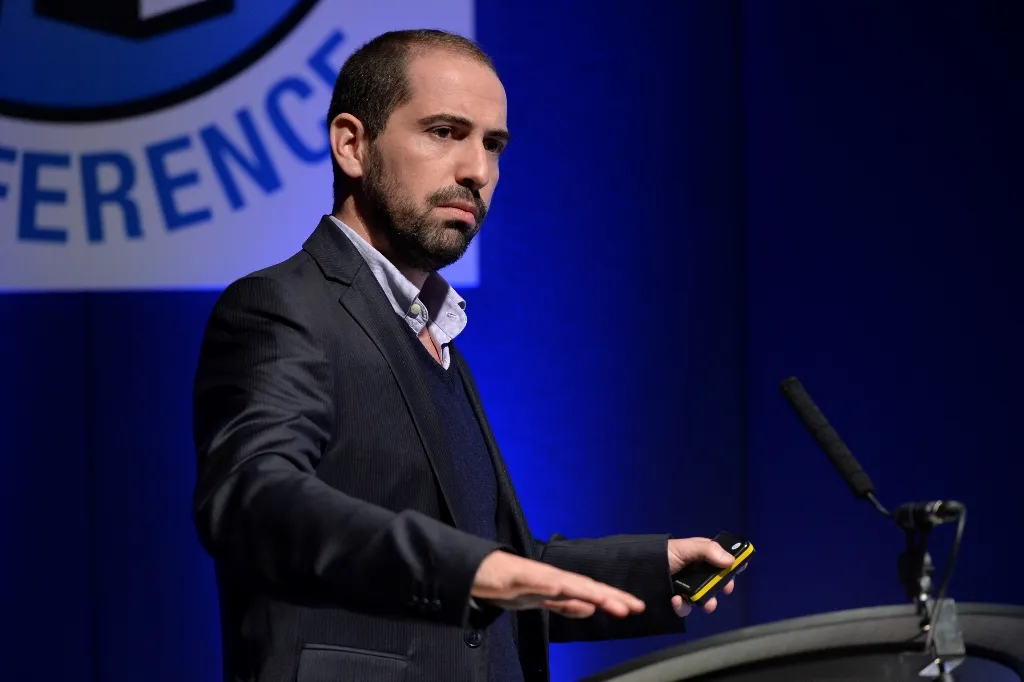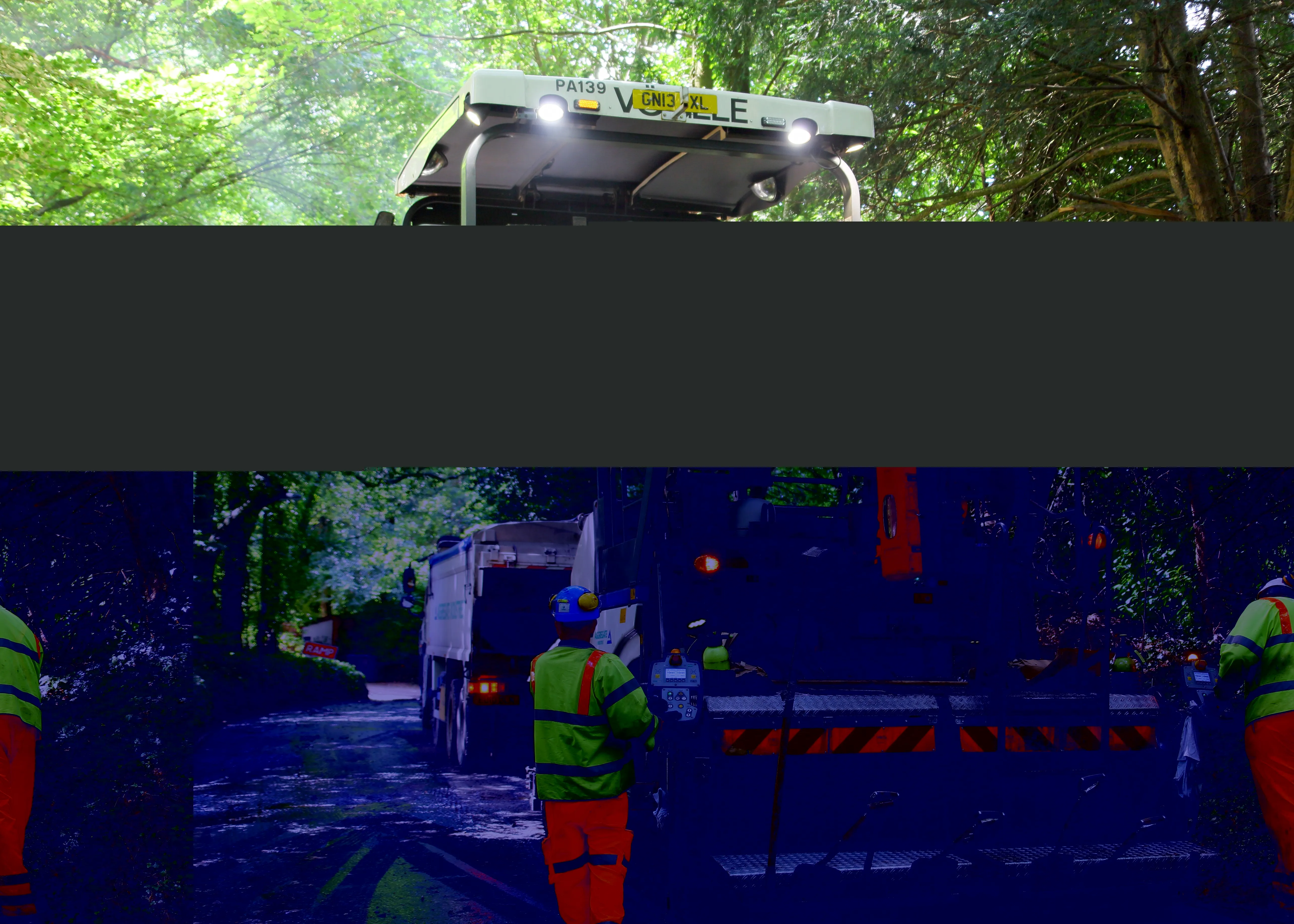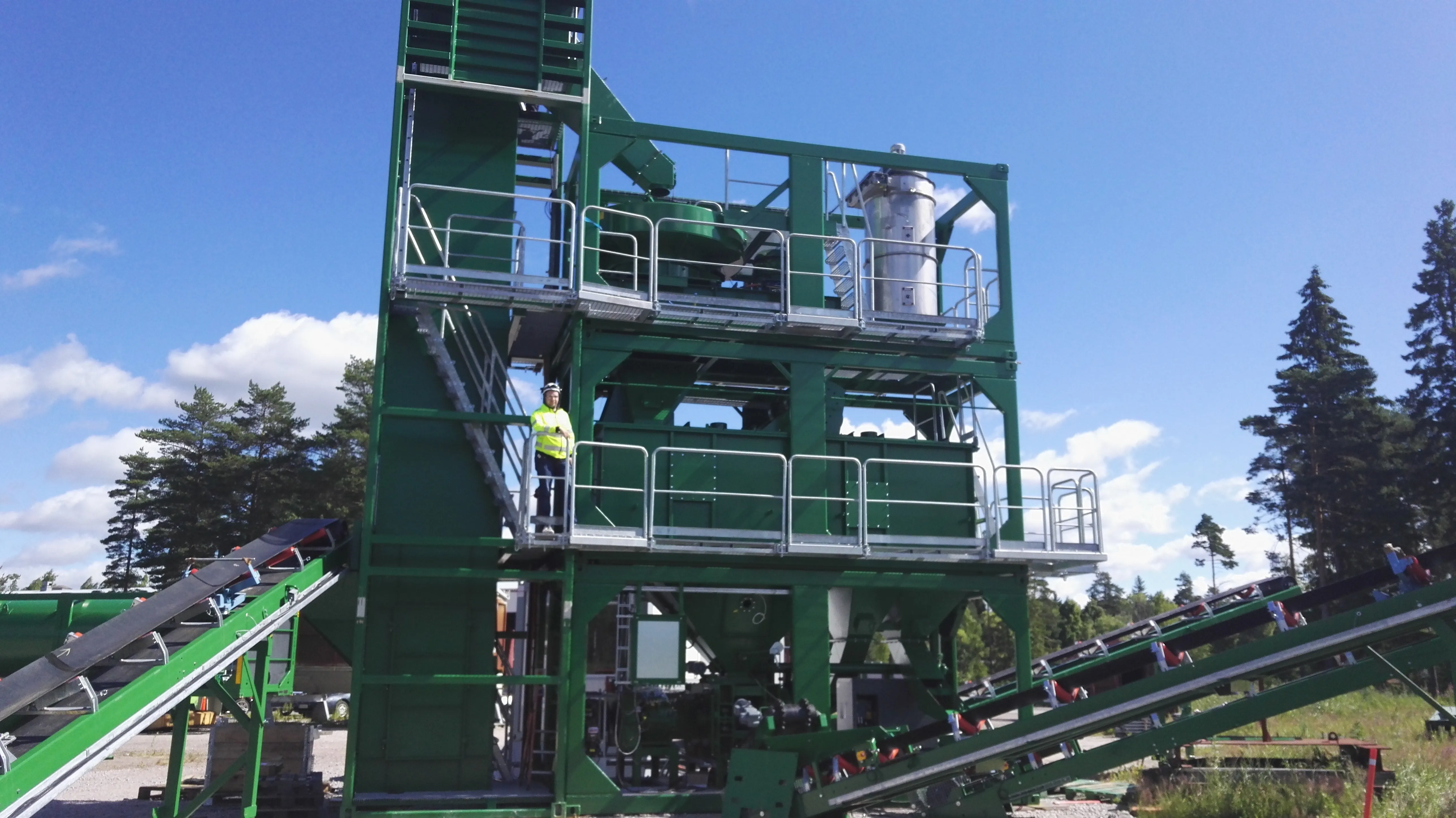In the UK, highways maintenance specialist FM Conway, which places great importance on its green credentials, says that as part of this strategy it is to open what it thinks is the UK's most modern asphalt and recycling plant.
February 6, 2012
Read time: 2 mins
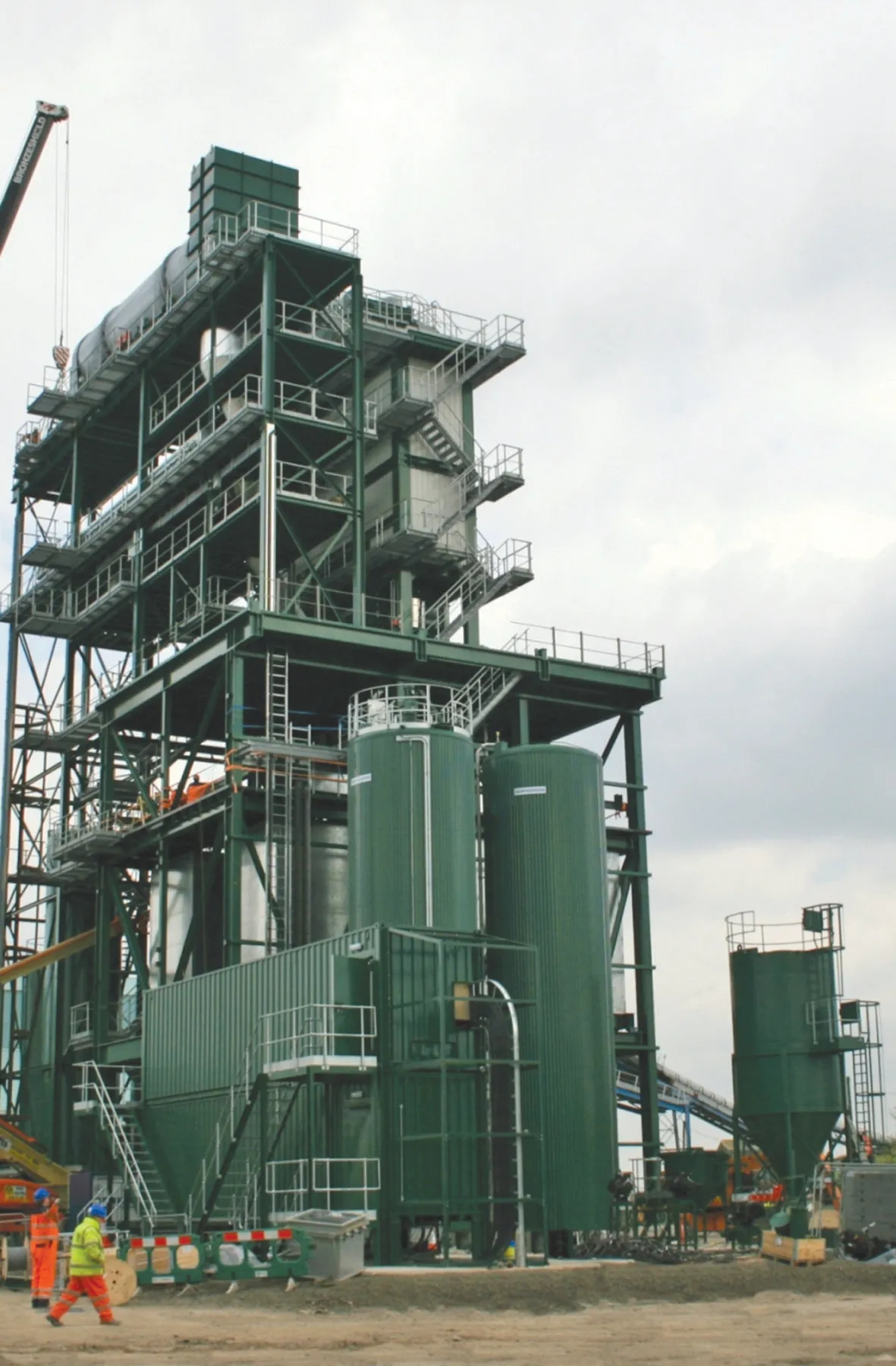
In the UK, highways maintenance specialist FM 2329 Conway, which places great importance on its green credentials, says that as part of this strategy it is to open what it thinks is the UK's most modern asphalt and recycling plant.
Work on the £10 million (E11.8 million) facility in Erith, County Kent, south-east England, is scheduled for completion this summer.
The site, a former home to an engineering company, was acquired for £2.6 million (E3 million)) from construction materials group CEMEX, and was chosen for its position on the bank of the River Thames, allowing Conway to eventually look at taking ship-borne aggregates, further reducing its carbon footprint by giving it the opportunity to take more vehicles off the road. Conway awarded the contract to supply and erect the plant to the UK arm of167 Benninghoven. The design and build project, which includes a purpose-built two-storey office block for production and sales personnel, is the biggest project of its kind undertaken by Benninghoven in the UK.
Once complete, the computer-controlled plant will use cutting-edge recycling technology, and will be run by a team of around 30, 25 of whom will be specially recruited.
The complex has the capacity for 24,000tonnes of aggregate, which will be kept dry, ready for coated stone production, in an existing eight-bay aggregates storage system. Recycled road planings from Conway's operations, and bitumen from outside suppliers, will also be used in the asphalt production process, to manufacture products using high percentages of recycled materials.
The storage capability will add significantly to the flexibility and efficiency of FM Conway's other divisions, such as surfacing, civils and term maintenance, giving it the potential for significant growth as a company.
"We are confident that in opening the new asphalt plant, we are presenting a world-class facility and are helping to raise the benchmark when it comes to the highways sector," said Michael Conway, managing director of highways maintenance at FM Conway.
Work on the £10 million (E11.8 million) facility in Erith, County Kent, south-east England, is scheduled for completion this summer.
The site, a former home to an engineering company, was acquired for £2.6 million (E3 million)) from construction materials group CEMEX, and was chosen for its position on the bank of the River Thames, allowing Conway to eventually look at taking ship-borne aggregates, further reducing its carbon footprint by giving it the opportunity to take more vehicles off the road. Conway awarded the contract to supply and erect the plant to the UK arm of
Once complete, the computer-controlled plant will use cutting-edge recycling technology, and will be run by a team of around 30, 25 of whom will be specially recruited.
The complex has the capacity for 24,000tonnes of aggregate, which will be kept dry, ready for coated stone production, in an existing eight-bay aggregates storage system. Recycled road planings from Conway's operations, and bitumen from outside suppliers, will also be used in the asphalt production process, to manufacture products using high percentages of recycled materials.
The storage capability will add significantly to the flexibility and efficiency of FM Conway's other divisions, such as surfacing, civils and term maintenance, giving it the potential for significant growth as a company.
"We are confident that in opening the new asphalt plant, we are presenting a world-class facility and are helping to raise the benchmark when it comes to the highways sector," said Michael Conway, managing director of highways maintenance at FM Conway.


